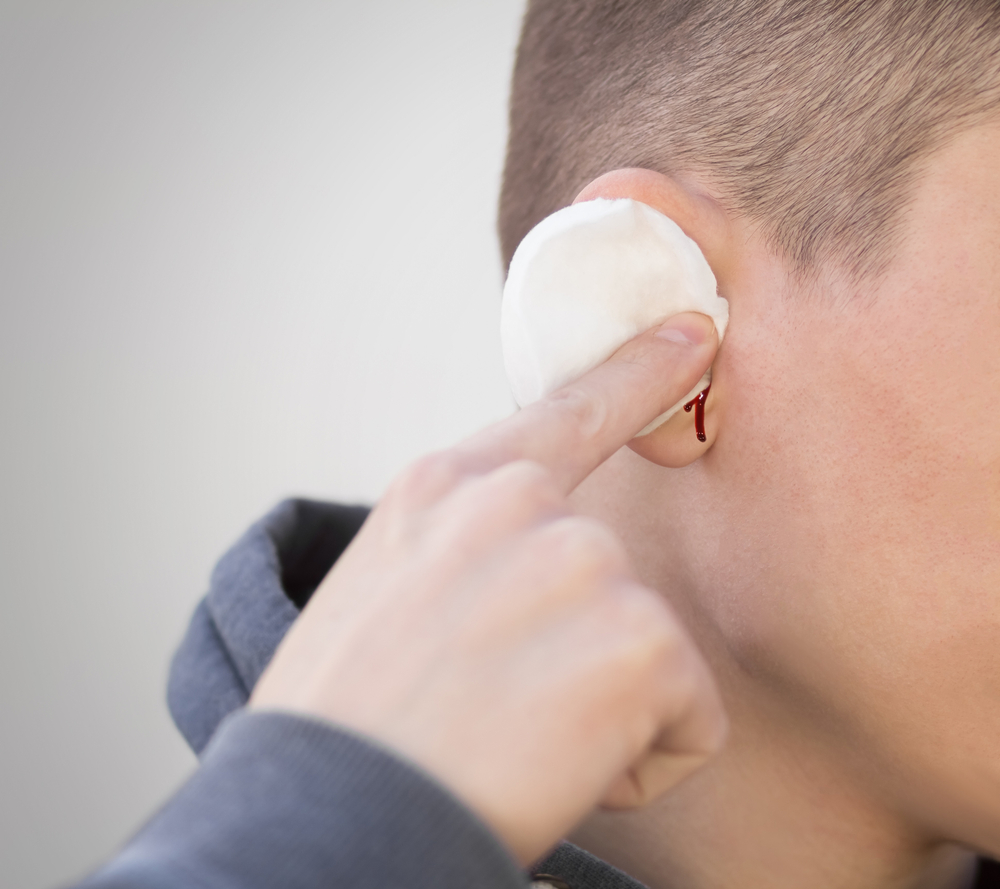Sinus pain can be more than just an annoying discomfort; it can interfere with your daily life. When the sinuses become inflamed, you may experience headaches, facial pressure, and difficulty breathing. Understanding the causes of sinus pain, particularly when it’s linked to sinusitis, can help you seek the right treatment and relieve the discomfort that comes with it.
What causes sinus pain?
Sinus pain is usually caused by an infection or inflammation in the sinus cavities, which are air-filled spaces behind the bones in your face. These sinuses are responsible for producing mucus that helps to filter the air we breathe. However, when these sinuses become blocked, mucus can build up, causing pain and pressure in the face.
Sinus pain often arises due to sinus infections, but it can also result from other factors like allergies or nasal polyps. This inflammation is usually what leads to sinusitis, a condition that causes prolonged sinus pain and discomfort.
Sinusitis and its connection to sinus pain
Sinusitis refers to the inflammation of the sinuses, often due to an infection. When the sinuses are blocked or swollen, the natural drainage system is impaired, trapping mucus and germs, which can lead to persistent pain.
- Acute Sinusitis: This type of sinusitis is usually triggered by a cold or viral infection and may last for a few weeks. During this period, individuals typically experience sharp facial pain, headache, and congestion.
- Chronic Sinusitis: If the inflammation lasts for 12 weeks or more, it can develop into chronic sinusitis. Unlike acute sinusitis, chronic sinusitis often leads to recurring episodes of sinus pain and congestion that never fully subside.
What are symptoms of sinusitis?
Sinus pain often manifests as pressure or discomfort around the face, particularly in the forehead, cheeks, and eyes. In addition to pain, individuals with sinusitis might experience a variety of symptoms, including:
- Facial Pressure or Pain: A persistent, aching sensation in the face, especially when bending over or lying down.
- Nasal Congestion: Blocked nasal passages that make breathing through the nose difficult.
- Headaches: Pain or throbbing in the head, often accompanied by sinus pressure.
- Thick Nasal Discharge: Yellow or green mucus that indicates an infection.
- Decreased Sense of Smell: A reduced ability to smell or taste due to blocked nasal passages.
If you experience these symptoms for more than 10 days, especially with worsening pain, it’s crucial to seek medical attention to avoid prolonged discomfort.
Risk factors for developing chronic sinusitis and sinus pain
Certain conditions and factors can increase the likelihood of experiencing sinusitis and sinus pain. These include:
- Nasal Polyps: Growths in the nasal passages can obstruct airflow and mucus drainage, leading to sinus pain.
- Deviated Septum: A crooked septum can cause uneven airflow, leading to congestion and sinus pressure.
- Allergies: Allergic reactions, especially to pollen, dust, or pet dander, can irritate the sinuses and lead to pain.
- Frequent Infections: Repeated colds or viral infections can increase the likelihood of developing sinus pain or chronic sinusitis.
- Environmental Factors: Dry air, pollution, and other irritants can trigger inflammation in the sinuses, resulting in pain.
How to treat sinus pain
Effective treatment for sinus pain largely depends on its underlying cause. Here are several common approaches:
At-home remedies
For many people, sinus pain can be managed without invasive treatments. Common strategies include:
- Nasal Irrigation: Using saline solutions to flush out mucus and irritants from the nasal passages can help reduce pressure and improve drainage.
- Steam Inhalation: Breathing in warm, moist air can ease congestion and relieve sinus pain.
- Humidifiers: Keeping indoor air moist can prevent the sinuses from drying out, reducing irritation and discomfort.
- Over-the-Counter Medications: Decongestants, antihistamines, and pain relievers can reduce symptoms such as nasal congestion, swelling, and pain.
Medications
If symptoms persist, your doctor may recommend additional treatments, such as:
- Antibiotics: If a bacterial infection is suspected, antibiotics may be prescribed to treat the infection and reduce inflammation.
- Corticosteroid Nasal Sprays: These sprays can help decrease sinus inflammation and relieve pain.
- Decongestants: Medications that help reduce nasal swelling and improve mucus drainage, easing the pain and pressure caused by sinusitis.
Surgical options
In rare cases, surgery may be necessary if sinus pain is caused by a structural issue or if other treatments fail to provide relief. Some surgical procedures include:
- Functional Endoscopic Sinus Surgery (FESS): This surgery improves drainage in the sinuses by removing blockages or correcting structural issues, providing long-term relief from sinus pain.
- Balloon Sinuplasty: A less invasive procedure that uses a balloon to open up blocked sinuses and restore normal drainage, reducing sinus pain.
How to prevent sinus pain
Preventing sinus pain often involves making lifestyle adjustments and addressing any underlying conditions that could contribute to sinusitis. Here are a few tips to help reduce the risk of developing sinus pain:
- Avoid Allergens: Minimizing exposure to allergens such as dust, pollen, and pet dander can prevent inflammation in the sinuses.
- Stay Hydrated: Drinking plenty of water helps thin the mucus, making it easier for the sinuses to drain.
- Use a Humidifier: This can help keep your nasal passages moist, especially in dry or cold climates.
- Practice Good Hygiene: Washing your hands frequently and avoiding close contact with sick individuals can prevent respiratory infections that may lead to sinus pain.
When to see an ENT specialist
If you experience persistent or severe sinus pain that does not respond to over-the-counter treatments, it’s important to consult with an ENT (ear, nose, and throat) specialist. Early intervention can prevent further complications and provide relief from ongoing sinus pain.
Find an ENT specialist near you to explore options for relief.



